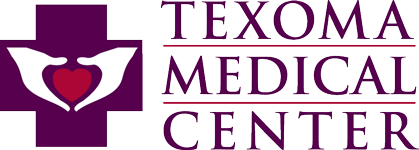Advanced Testing for Coronary Artery Disease
Calcium scoring is a noninvasive way for physicians to get detailed images of your coronary arteries to help identify the presence, location and extent of calcified plaque. Calcified plaque occurs when fat and other substances build inside an artery and can signal the presence of atherosclerosis, a cardiovascular disease of the vessel wall also called coronary artery disease (CAD).
Over time, CAD can narrow the arteries, restricting or even blocking blood flow to the heart. The result may be chest pain, sometimes called angina, a blood clot, a heart attack or even heart failure.
Schedule your cardiac CT scan
To schedule a scan, call TMC Advanced Medical Imaging at 903-416-3730. Note: You must be caffeine-free for 24 hours prior to scan. You must also have a heart rate of 75 or below.
$99 cash at time of service
- Price does not include the radiologist's interpretation fee
- A referral is needed from your physician
Cardiac CT for Calcium Scoring
Calcium scoring is a heart scan often used to determine if coronary artery disease (CAD) is present and if it is, to what extent. Physicians may also order a calcium scoring screening for patients who are at risk for developing coronary artery disease, even if the patient has no signs of the disease.
Major risk factors for CAD:
- Abnormally high blood cholesterol levels
- Family history of heart disease
- Diabetes
- High blood pressure
- History of cigarette smoking
- Being overweight or obese
- Being physically inactive
- Shortness of breath (difficulty with physical activity)
Calcium scoring scans are painless and typically take 10-15 minutes to complete. The test uses computed tomography (CT), an imaging test that creates detailed images of internal organs, blood vessels, bones and tissue.
After being positioned on a table, electrodes (small, sticky discs) will be attached to your chest and to an electrocardiograph (ECG) machine that records the electrical activity of your heart. This makes it possible to record CT scans when the heart is not actively contracting. The table will move slowly through the CT scanner as the scanning is performed.
You'll be asked to hold your breath for 10-20 seconds while images are recorded. When the examination is completed, a technologist will ask you to wait until he or she verifies that the scan has produced high-quality images for accurate interpretation.
Talk to your doctor about cardiac CT scans as they may not be for everyone. Not all health insurance plans cover this type of test, so it is important to verify your coverage before scheduling.
Individual results may vary. There are risks associated with any surgical procedure. Talk with your doctor about these risks to find out if minimally invasive surgery is right for you.
